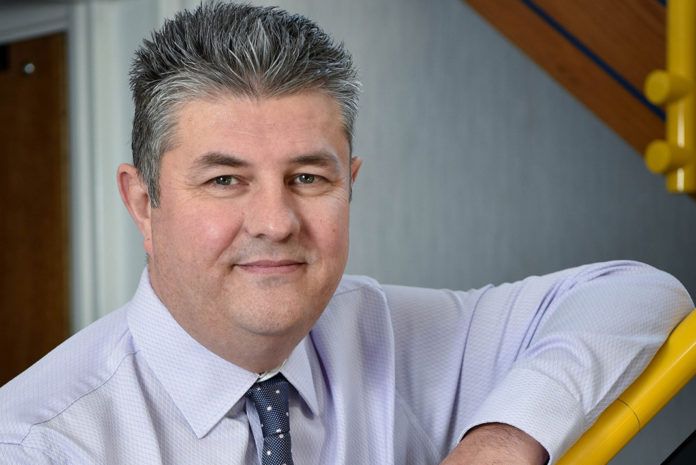
As a new report shows the number of fuel poor households in England has risen to over 2.5 million, OFTEC says recent revisions to the Energy Company Obligation (ECO) scheme don’t go far enough in ensuring that low income homes do not suffer at the expense of the government’s Clean Growth agenda.
The Committee on Fuel Poverty’s (CFP) Third Annual Report has found that despite the government introducing the Fuel Poverty Strategy 2015, the number of households unable to afford to adequately heat their homes has risen by 210,000 to 2.55 million.
In June this year, OFTEC welcomed the announcement from the Department of Business, Energy and Industrial Strategy (BEIS) that oil boilers will not, as initially proposed, be excluded from the next phase of ECO (ECO3), which has now come into effect.
This means that under the scheme, fuel poor households who currently rely on oil heating can have a broken oil appliance repaired or replaced and so continue to benefit from using the cheapest fuel for the off-grid sector.
Latest industry figures show the four-year average price of heating oil in Great Britain is 68% cheaper than LPG and 85% cheaper than electric (Economy 7), the two other main options available to rural homes.
However, to unite fuel poverty strategy with carbon reduction efforts, the inclusion of oil in ECO3 does not extend to First Time Central Heating (FTCH). Therefore, fuel poor households will have no other option than to heat their homes with far costlier LPG (also a high carbon fossil fuel) or electricity. Until the national grid is decarbonised, electricity will also continue to contribute to carbon emissions.
OFTEC CEO, Paul Rose, said: “While the limited inclusion of oil in ECO3 was an important win for many low income and vulnerable off-grid households, it doesn’t go far enough.”
